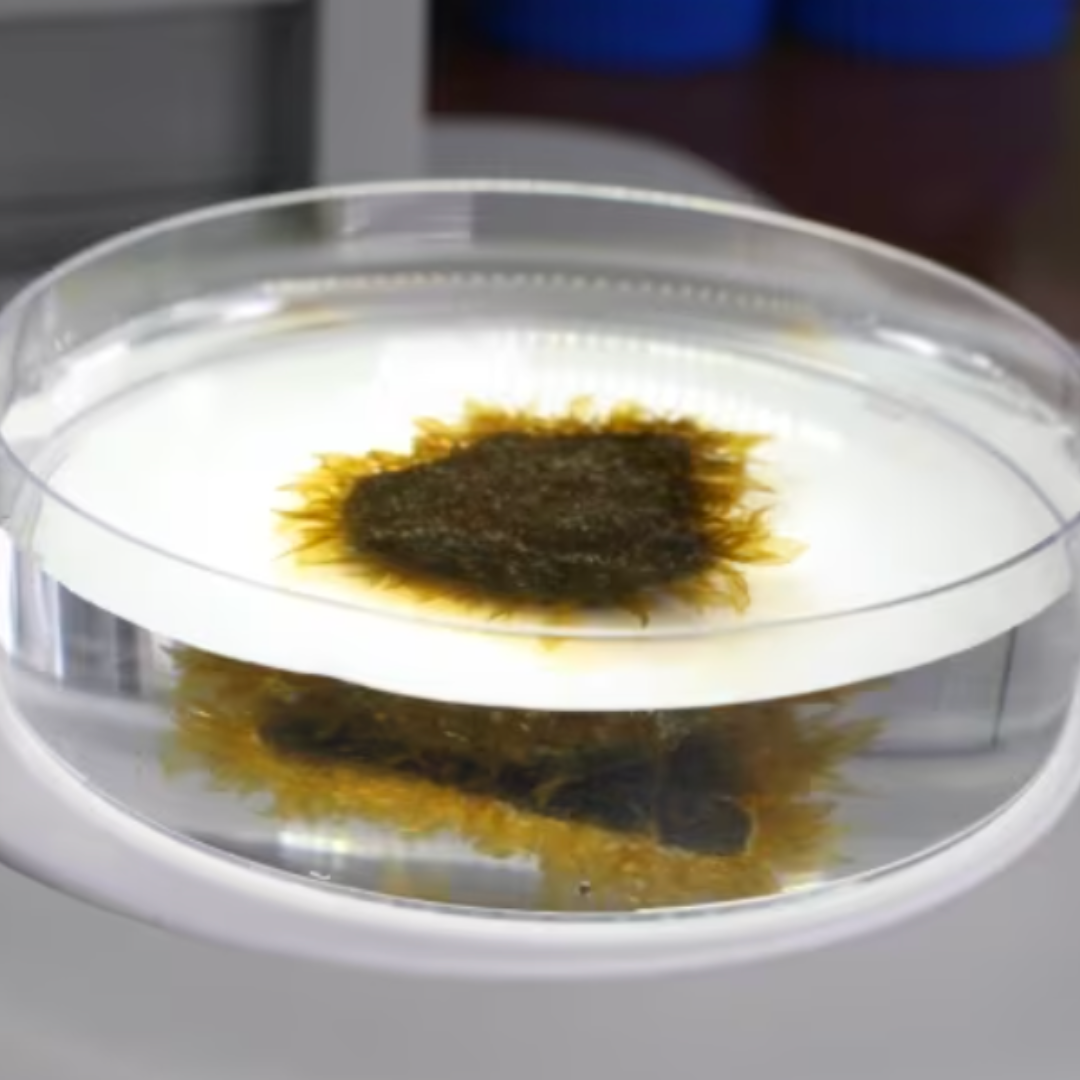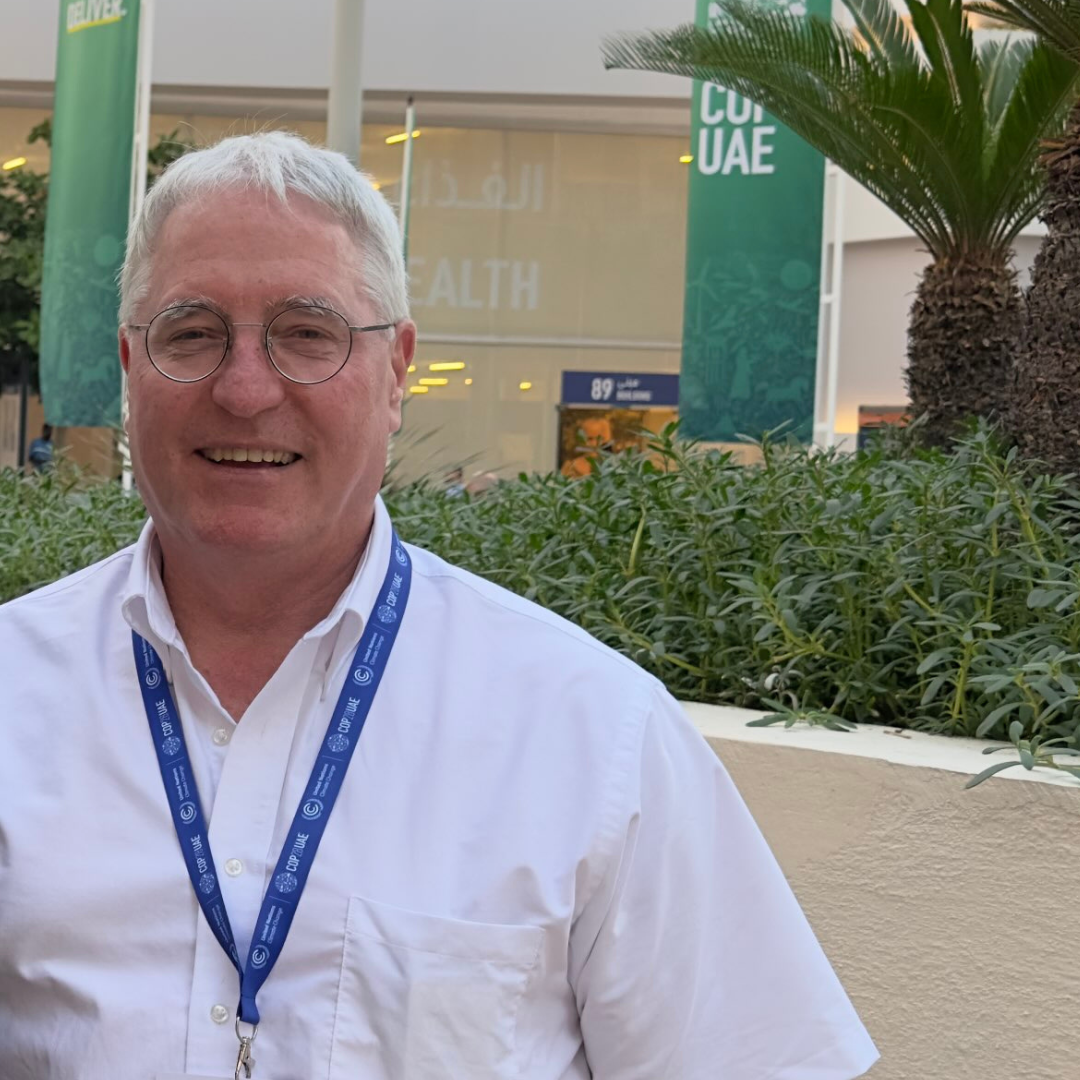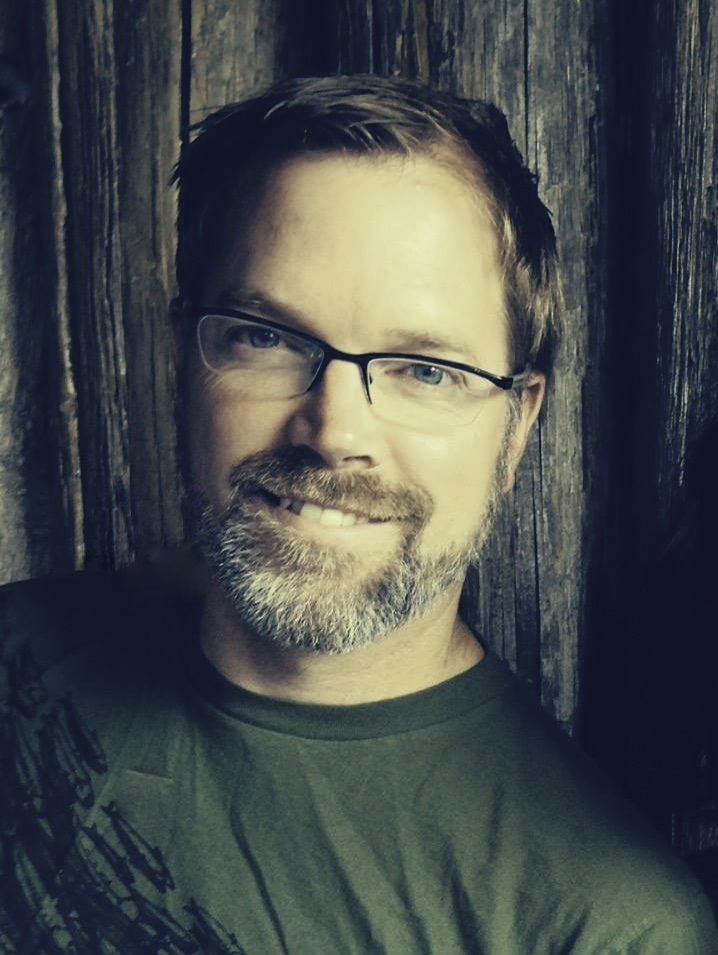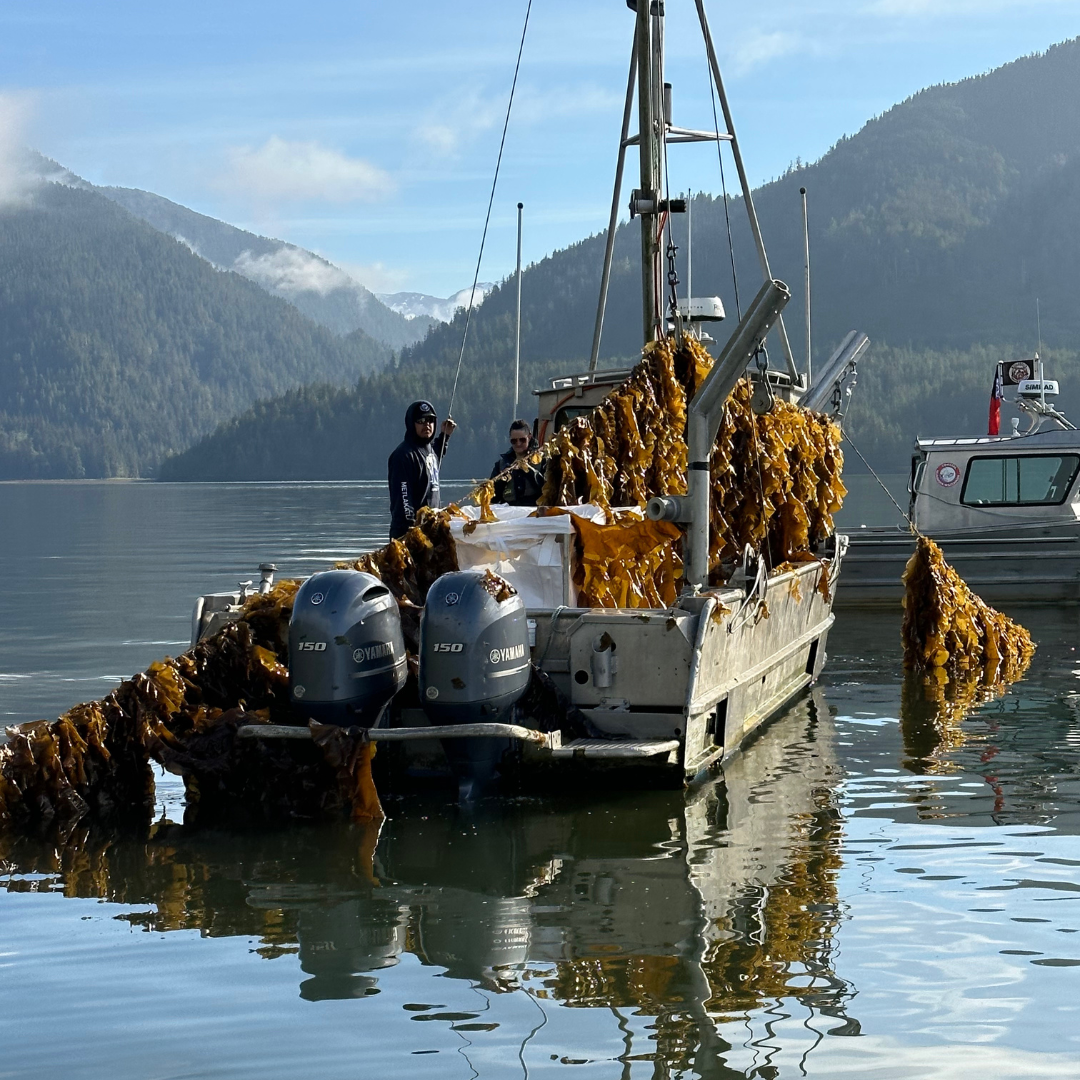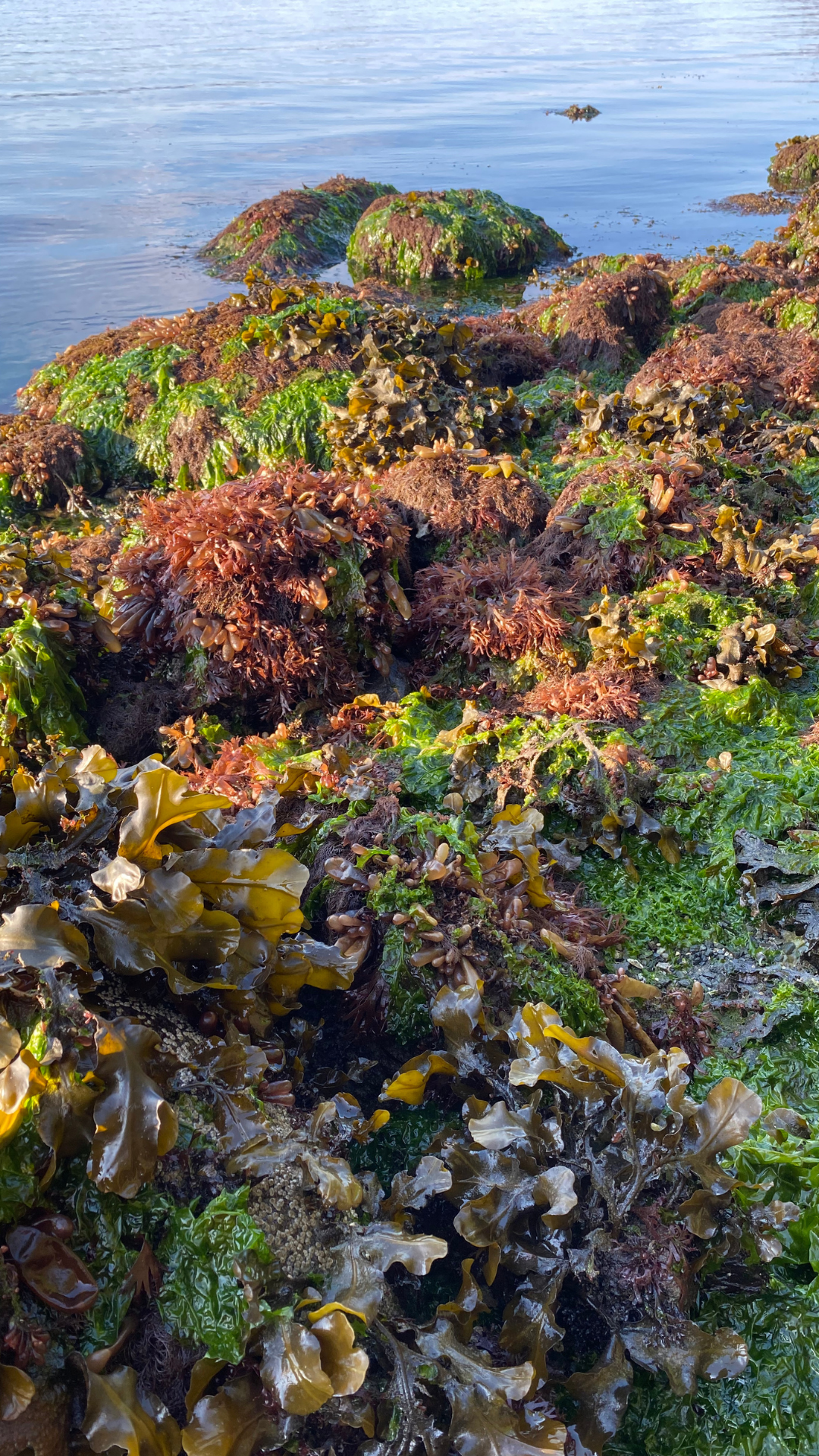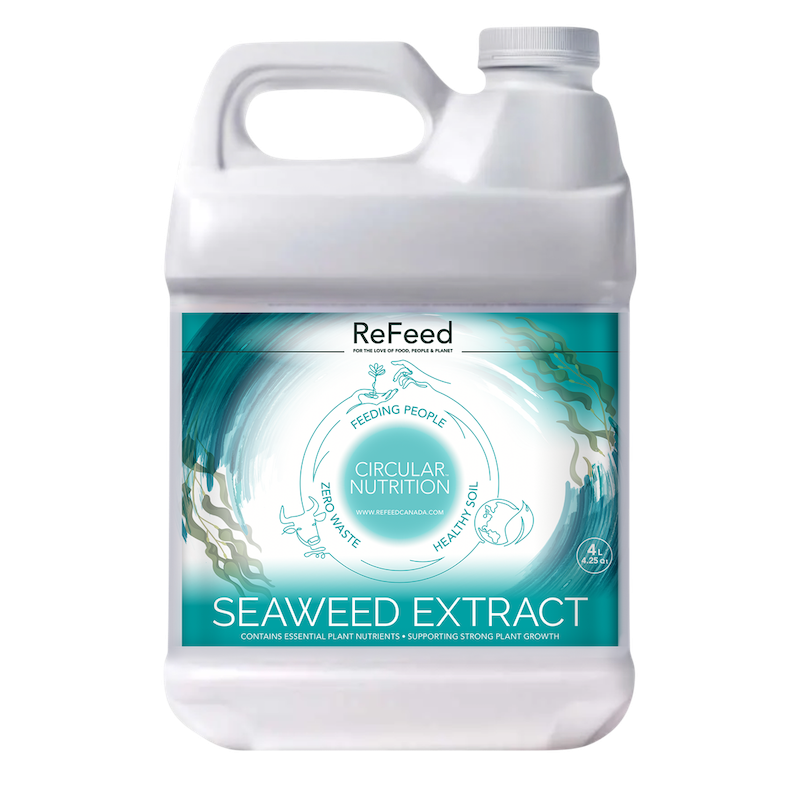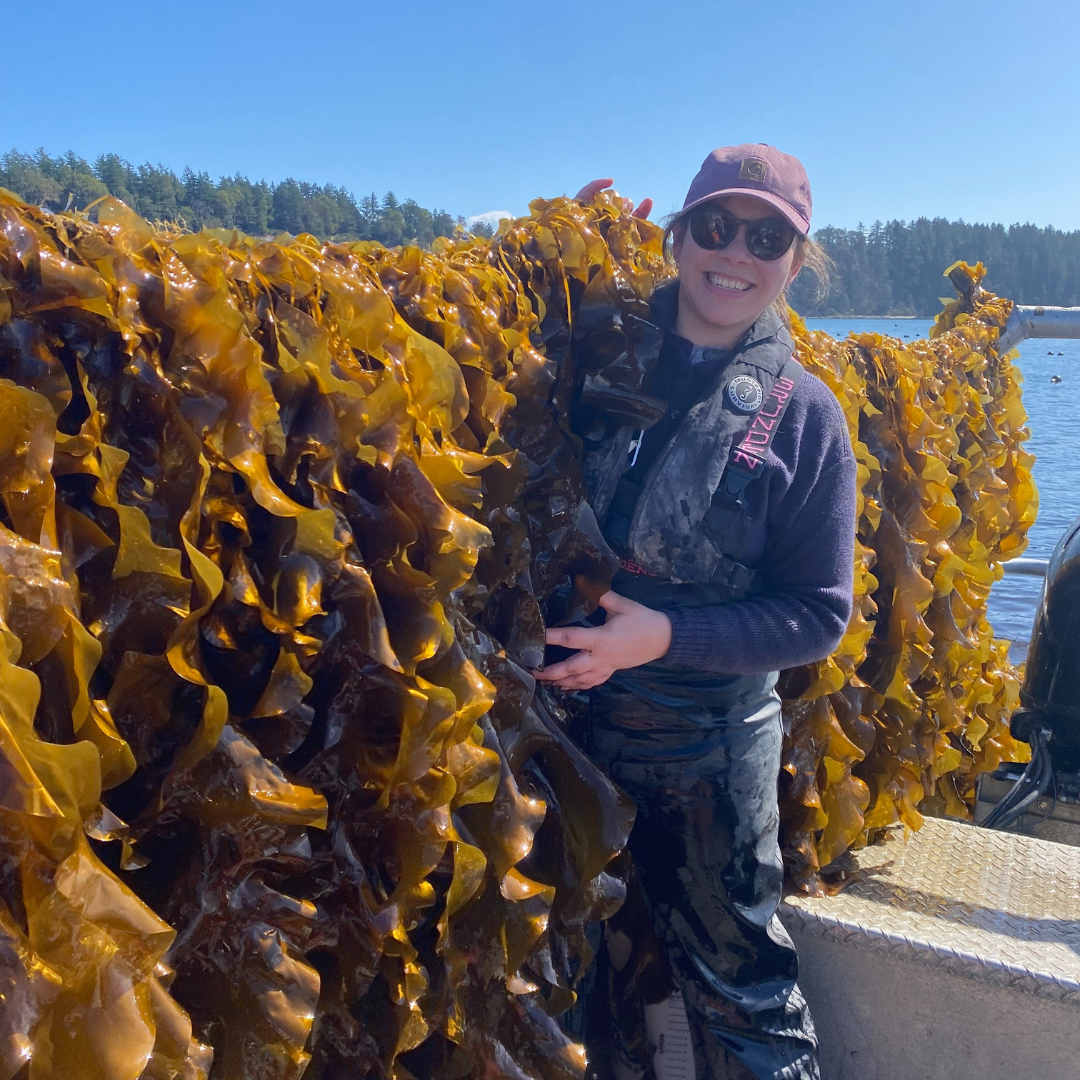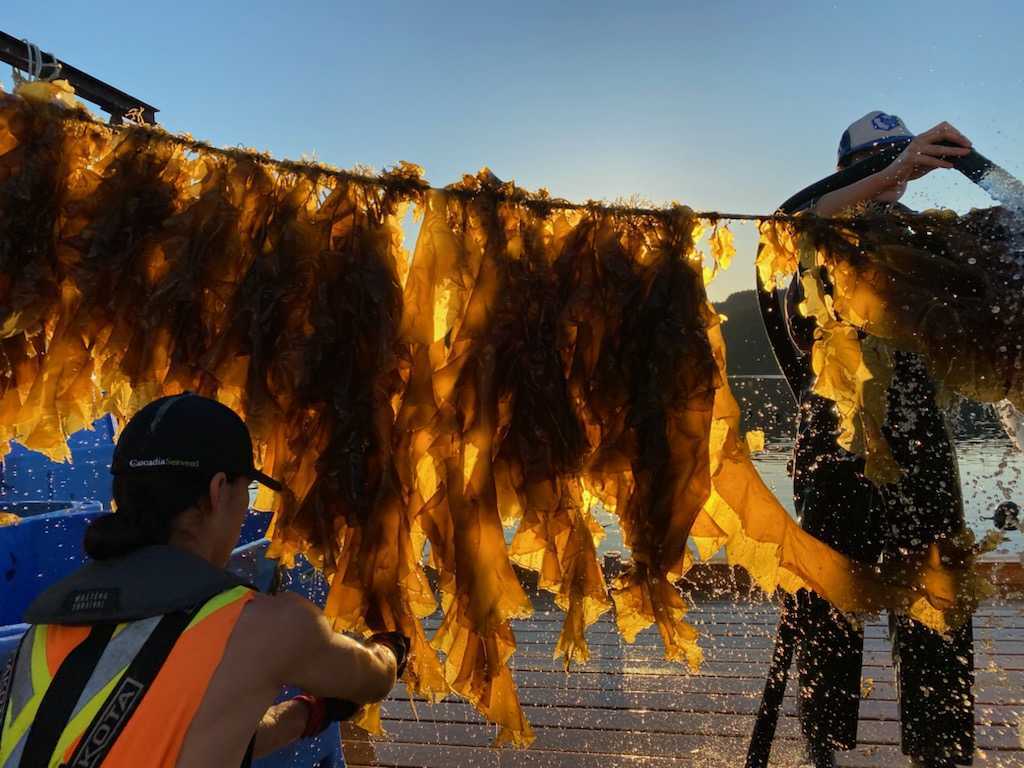At Cascadia Seaweed, we cultivate local species of seaweed and manufacture products for crop and cattle farmers.
The three-year project is funded by Global Affairs Canada (GAC) and implemented by Plan International Canada (Plan) in partnership with Cascadia Seaweed, the Jane Goodall Institute of Canada, and Kenyan experts.
Cascadia Seaweed, a BC-based company dedicated to creating nature-based solutions for a healthier planet, is proud to announce its role supporting the Conservation and Sustainable Management of Marine Ecosystems (COSME) project in the Coast Province of Kenya, through gender-responsive restorative aquaculture.
The three-year project is funded by Global Affairs Canada (GAC) and implemented by Plan International Canada (Plan) in partnership with Cascadia Seaweed, the Jane Goodall Institute of Canada, and Kenyan experts. The project will work with women-led groups, community organizations, and local governments to apply nature-based solutions (NbS) for climate change adaptation and biodiversity conservation in three vital areas: mangrove restoration and conservation, locally-led forest management and conservation, and sustainable seaweed farming.
Toward this mission, Cascadia’s experienced team of marine scientists, engineers, and industrial processing specialists will add novel Canadian innovation to women-led seaweed farming groups who wish to improve their crops and produce value-added products that are regenerative, sustainable, and profitable. The company prioritizes social responsibility by working with Indigenous communities in British Columbia, a value that aligns well with the women-led and community-focused COSME project as it aims to increase the economic agency and autonomy of under-represented groups, especially women, in rural areas while realizing biodiversity and climate benefits.
“This contract allows us to take advantage of our expertise in growing and processing seaweed to demonstrate a commitment to the planet beyond our shores while continuing to seek investment in seaweed value-add in BC,” said Mike Williamson, CEO of Cascadia Seaweed.
As in coastal Canada, livelihoods and economies are entwined with the well-being of coastal ecosystems. Kenya’s coastal zone has been seriously impacted by a rapidly changing climate and is expected to become even more susceptible. With more than half of the growing coastal population living below the poverty line, climate change threatens not just habitat, but the economy and food security for the people who call Coastal Kenya home, and women are among those most impacted. Seaweed cultivation offers a nature-based solution that is a proven enabler of healthy ecosystems and rural economies.
“The COSME project offers Cascadia Seaweed an opportunity to contribute to Canada's overseas development and to participate in the burgeoning seaweed cultivation space in East Africa. We are grateful for the opportunity to respond to the needs of communities new to seaweed farming and those who have already engaged in this nature-positive activity and to showcase our innovations and technology. We look forward to sharing knowledge as we engage in this project,” states Liam Collins, Head of Programs at Cascadia Seaweed.
Cascadia Seaweed believes that through innovation and collaboration, they can create a better future for all.
— 30 —
Media Contact:
Erin Bremner-Mitchell
Manager of Communications and Engagement
Cascadia Seaweed
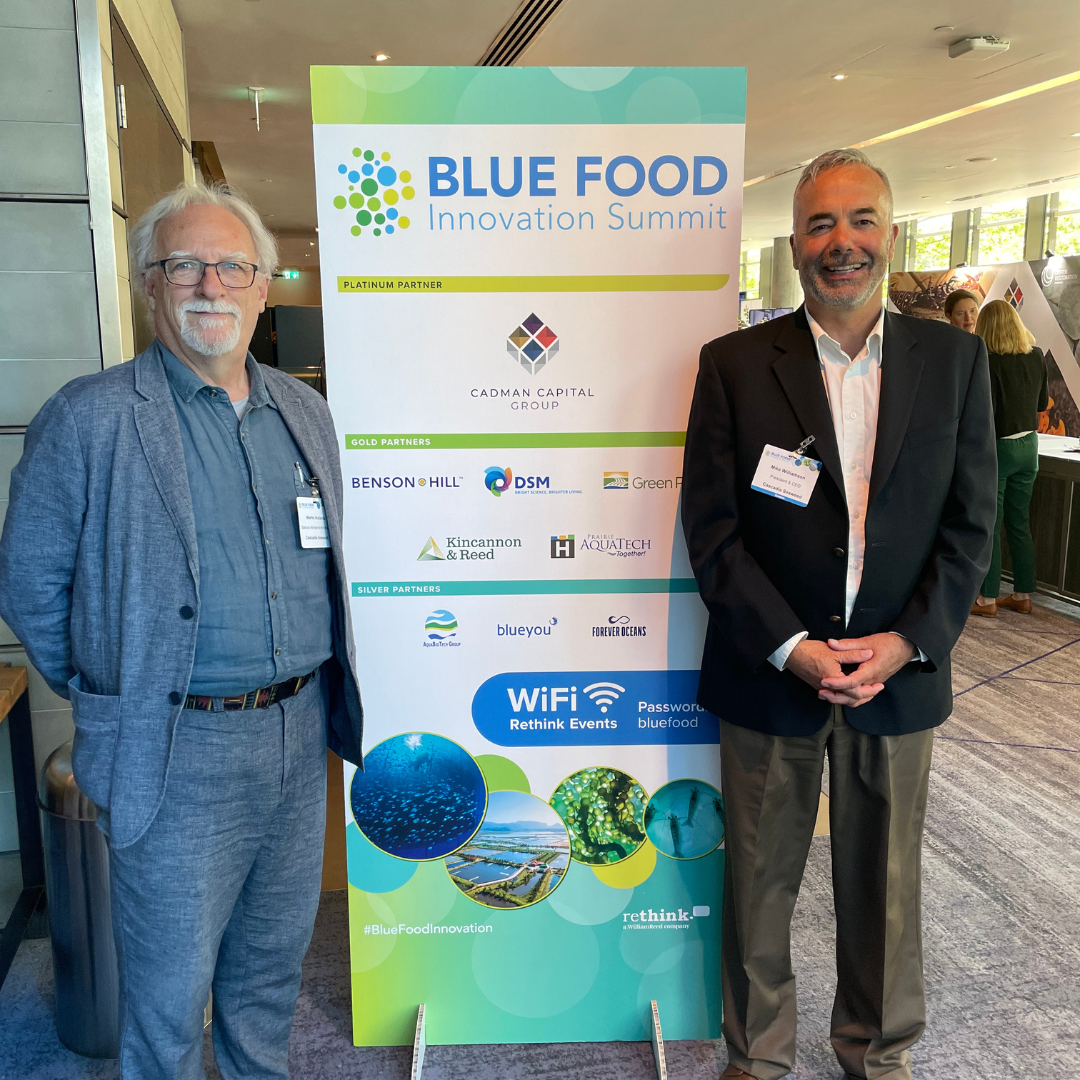
C - 9774 Third Street Sidney British Columbia V8L 3A4
Email: info@cascadiaseaweed.com
Phone: 1-778-351-4484

9774 - C Third Street Sidney British Columbia V8L 3A4
Email: info@cascadiaseaweed.com
Phone: 1-778-351-4484

